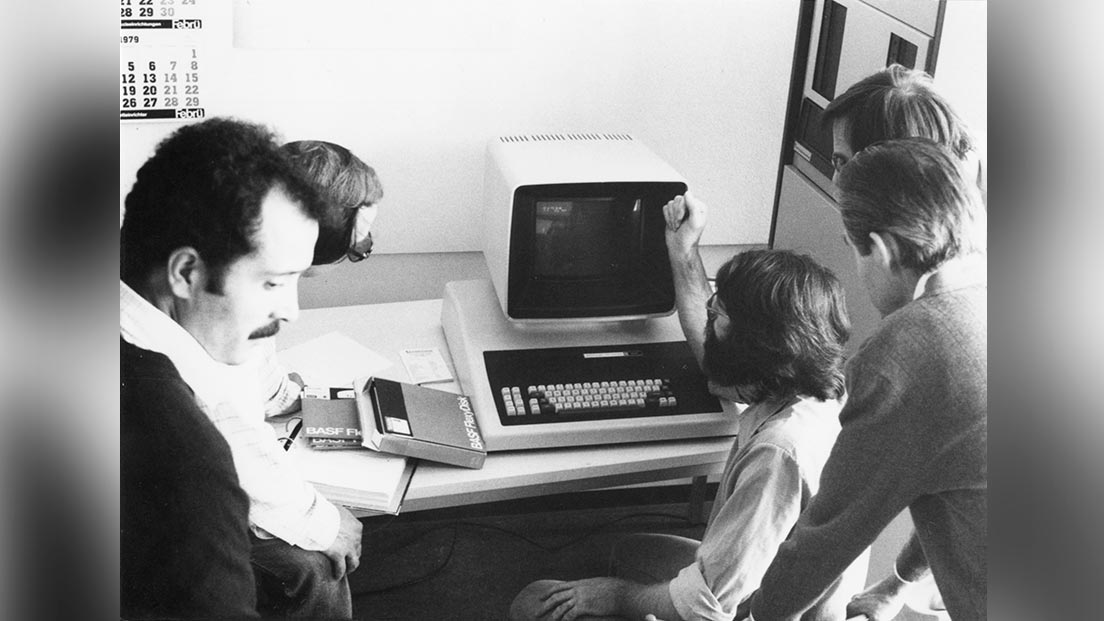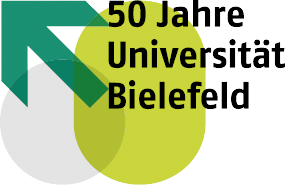–
Source: Universitätsarchiv Bielefeld, FS 234
The LiLi Faculty was founded as a highly innovative institute in keeping with the reform concept of Bielefeld University. The Faculty was explicitly oriented to theory, and instead of dividing the subject into individual philologies, it approached literary sciences from the linguistic aspect. Chairs for syntax, semantics and textual theory rather than for Romance, German and English studies were established to reflect this. In addition, a Language Centre was created for students to learn the respective languages and study the corresponding literature. The original concept of the LiLi Faculty included the notion of alternating research and teaching for staff, which meant that lecturers should teach for one year, and then subsequently dedicate a year exclusively to research. To facilitate this, Professor Harald Weinrich planned to set up a block study programme. However, resistance of other faculties thwarted this plan.
–
Source: Universitätsarchiv Bielefeld, FS 235
External influences diluted the reform concept soon after the Faculty’s foundation. The Ministry of Science called on the Faculty to (re-)fill the professorships according to national philologies, so that increasingly “classical” chairs were appointed alongside professorships on linguistic sub-disciplines. In 1987 the Language Centre was closed down as a central institution of the University and integrated into the LiLi Faculty. Having overcome these initial difficulties, the Faculty has grown to become one of the largest in the University in terms of student numbers, offering a broad and differentiated range of courses. In addition, the Faculty has a particularly innovative research profile and frequently engages with topical issues, from text linguistics, to computational linguistics and clinical linguistics.

–
Photo: Seutter
Source: Universitätsarchiv Bielefeld, FOS 01878

